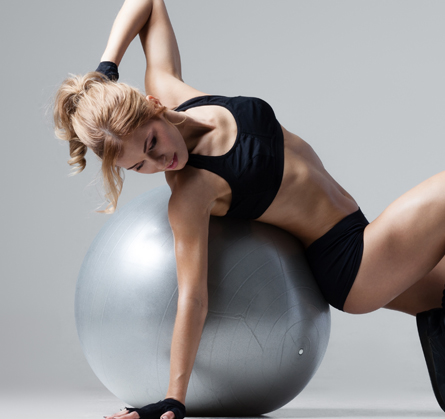A good coach is the one who knows how to lead you to the result, not the one who will teach a series of exercises and instruct how to use exercise machines. Above all required from the coach is the ability to understand customer needs, assess the level of readiness to loads and offer the most efficient and safe ways to achieve goals.
In this article, I will tell you how to choose a personal coach: what to look for, what questions to ask before you entrust a person the realization of the body of your dreams.
1. Experience
Ask the coach about his expertise in the fitness industry: how long does he train, how many people did he help, how much progress have his clients reached. Ask whether he had the customers with the features/wishes / problems similar to yours.
2. Certification
Deep understanding of exercise techniques, knowledge of training psychology, personal experience, knowledge of the principles of anatomy and injury prevention are much more important than a specialized education of the coach. But, nevertheless, it is better to know about the presence of a coach’s professional education. Also, ask about awards and titles: they are not just the subjects coach proud of, but also a confirmation of his skills.
3. Professionalism
Remember, the main task of the coach is to determine your level of training and create an individual training program and nutrition, specifically focused on your needs. Ask whether coach develops his methods of training or just limited to standard techniques.
4. Appearance
The physical form of a coach is an important indicator of his professionalism. After all, if a person can’t keep fit by himself, then how he can inspire you?
5. Communication and interpersonal skills
It is very important to have compatibility of the characters between you and a coach. Look for a person with whom you will be comfortable to exercise and socialize, make sure that you fit the style of the coach - energetic or calm, assertive or soft.
A small checklist for the professionalism of the coach:
• coach has a regular interest in your health
• explains and agrees long-term and short-term training objectives with you
• achieves that the objectives were specific, measurable and realistic
• creates a plan to achieve them and periodically consults with you about it
• explains how each exercise helps you achieve your goals
And, of course, don’t forget that no matter which mentor leads you on the path of sports, it all depends on you. The coach is only a mate, with whom you will achieve your goals together.




